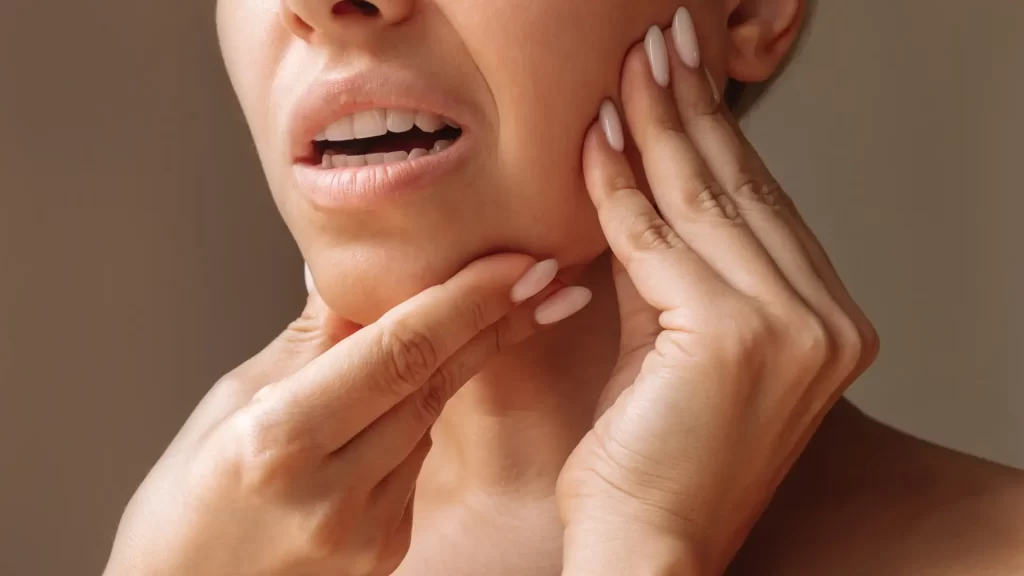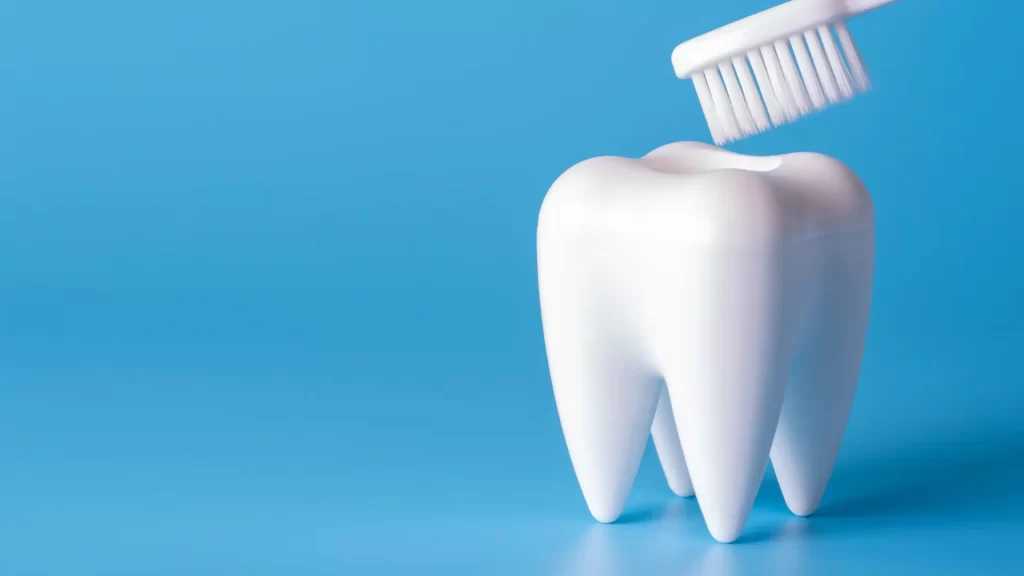Dental wear is a problem that affects many people and can have serious consequences for oral health. As teeth wear down, it not only affects their appearance but can also lead to complications that impact function and overall well-being. Do you know what causes dental wear and how to prevent it? Let’s find out.
What is Dental Wear?
Dental wear refers to the gradual loss of tooth structure, which can occur in the enamel, dentin, or both. This condition can manifest through erosion, friction wear, or abrasion. It’s important to identify the causes in order to address them effectively.
Causes of Dental Wear
The causes of dental wear vary and may include:
- Acid Erosion: Acidic foods and drinks, such as citrus fruits and sodas, can weaken tooth enamel over time. Continuous exposure to these products can lead to significant loss of tooth structure.
- Bruxism: This involuntary habit of grinding or clenching the teeth, often associated with stress, can cause considerable wear on the tooth surfaces.
- Abrasion: Using hard-bristled toothbrushes or aggressive brushing techniques can contribute to dental abrasion. Additionally, some people use their teeth as tools, which also causes damage.
- pH Imbalance: A low oral pH, usually caused by an unbalanced diet, can create an environment prone to dental erosion.

Symptoms of Dental Wear
It’s essential to watch for symptoms that could indicate dental wear. These may include:
- Sensitive Teeth: If you feel discomfort when consuming hot, cold, or sweet foods, it could be a sign of enamel wear.
- Changes in Tooth Shape: Noticing that the edges of your teeth look smoother or worn down could indicate a wear problem.
- Stains or Discoloration: Discoloration or stains on your teeth may result from enamel loss.
- Difficulty Chewing: If your teeth don’t align properly when chewing, it may be a sign of significant wear.
How to Prevent Dental Wear
Prevention is key to maintaining good oral health and avoiding dental wear. Here are some effective strategies:
- Maintain Good Oral Hygiene: Brush your teeth at least twice a day with a soft-bristled toothbrush and floss daily. This will help remove debris and protect your enamel.
- Limit Acidic Foods and Drinks: Reduce your intake of acidic foods and beverages. If you consume something acidic, rinse your mouth with water afterward to neutralize the acidity.
- Use a Mouthguard: If you suffer from bruxism, consider wearing a mouthguard at night. This can help prevent wear from grinding.
- Visit Your Dentist Regularly: Seeing your dentist at least once a year will allow you to catch any problems early and receive proper treatment.
- Maintain a Balanced Diet: Including foods rich in calcium and vitamin D can help strengthen your teeth and reduce the risk of wear.

Dental wear is a condition that can be both preventable and treatable. By adopting good dental care habits and scheduling regular check-ups with your dentist, you can maintain the long-term health of your teeth. Have you noticed any signs of wear on your teeth? Don’t hesitate to consult a professional for guidance and personalized advice.
